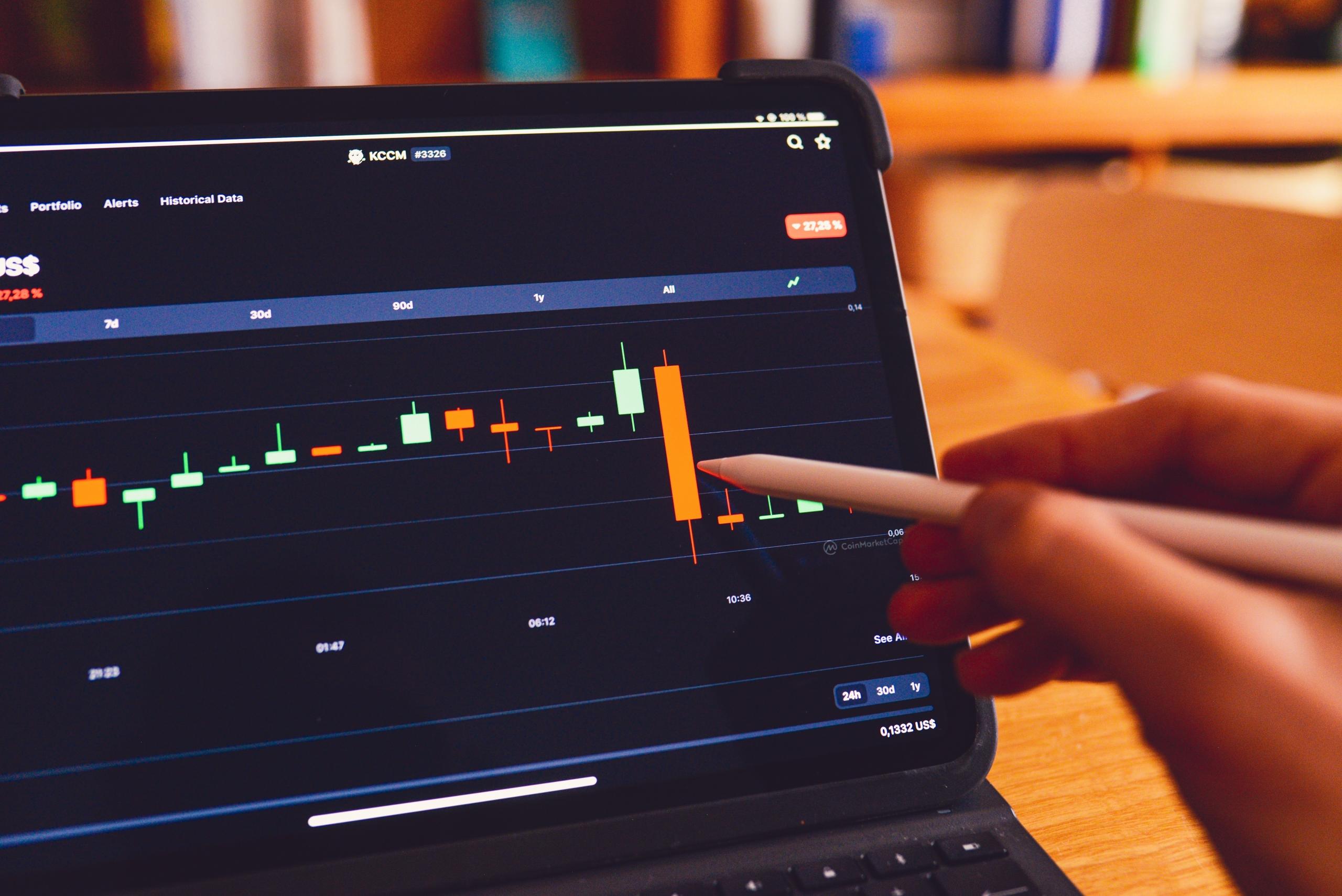It seems like there is so much more to the field of accountancy than simply being an accountant. Once you are qualified, you can choose what type of accountant you would want to be. Accounting extends beyond the confines of what you learn in your high school classroom which is always all about debits and credits. Accounting equation aside, you can account for something in an organisation if you choose to be a financial accountant or a management accountant.
We also know that you can fulfill your role as a chartered accountant. However, aspiring accountants do not realise how many options there are in the field of accountancy.
You can also choose to branch off into one of these fields after you finish study:
-
Forensic accountants: These accountants are responsible for analysing financial data so as to identify crime
-
Tax accountants: Tax accounts are the accountants working on taxes
-
Auditors: These individuals review accounts of companies to ensure their validity
-
Financial advisors: Advisors are brought into a project to provide advise
Even individuals (not only businesses) seek out the service of an accountant from time to time. When we require our taxes to be done, it is easier to do it with the help and aid of an accountant than to do it ourselves. In terms of businesses, businesses may rope in accountants who are solely responsible for forecasting what the future holds for the company. Ensuring that a business remains financially healthy and keeps growing is of utmost importance for most companies, and this is where financial accountants and management accountants get roped in.
Financial accountants and management accountants play different roles in an organisation yet there is a need for both these roles.
Superprof opens your insight into the job title that is held by both financial accountants and management accountants. If you are considering accounting but you do not want to perform the task of an auditor or tax accountant, there is some hope for you.
We seek to simplify the fields of financial accounting and management accounting for you. You may be torn between becoming a financial accountant or a management accountant thereafter. We suggest that you do some further reading, and look at financial accounting vs managerial accounting.

A Whole New Ball Game: Looking at the Key Difference Between Financial Accounting and Management Accounting
To be totally honest both financial accountants and management accountants engage in drafting certain financial statements necessary to track business progress. While the statements may differ in format and content, the main difference between the roles is that both types of accountants report their findings to different people.
Financial accountants are tasked with reporting to people who are external to the company. They are asked to share financial information with tax authorities, shareholders, creditors, and potential investors.
In this regard, financial accountants need to produce business reports every quarterly, semiannually, or yearly. These reports include details on the profitability of a business as well.
Management accountants seek to report financial information specifically within the company only. Managers are continuously clued up on what is transpiring on the payroll side. They are constantly concerned with the budget of the company and the constraints that need to be imposed on the budget.
Budgetary concerns need to be shared with executives and directors within a company so that they may approve budget limits that are outlined by the management accountant.
Yes, both management accountants and financial accountants play indispensable roles within firms.
Find some accounting courses online here on Superprof.
Financial Accounting vs Managerial Accounting

Either title comes with its own pros and cons. The thing about both of these roles is they expect you to be a risk manager within an organisation.
If a company is not showing any profitability, the financial accountant needs to check on this before reporting the details to shareholders. If the company is hoping to take its business to international shores, a management accountant needs to look at the budget and predict if it will be worthwhile or not.
The managerial accountant often has to see if a global expansion may prove to be too pricey or if the global expansion can possibly lead to more success. Thereafter the managerial accountant needs to make a pitch in front of people of power within the organisation.
Well, the management accountant's job may not be all glitz and glam, the management accountant may work his or her way up to the status of a director. Even if a managerial accountant stays a managerial accountant forever, he or she will still experience the glitz in terms of his or her salary.
Did you know managerial accountants earn a salary that is 61% higher than South Africa's national average salary?
Your attention is caught! Yes, you could earn about R37 980 per month if you decide to go down the managerial accounting route. If that isn't the icing on the accountancy cake!
Accounting equation aside, do financial accountants have a sweeter deal?
From completing trial balances to general ledgers, these accountants will surely make you wish that you paid more attention to your ledgers during high school accounting classes.
Financial accountants have an interesting job and one that entails many soft skills.
Financial accountants do earn slightly less than managerial accountants making an estimate of R32 000 per month.
Perhaps it's not the salary that excites you but the element of taking risks, well then, you'll need to get to grips with the financial accountant's responsibilities.
GAAP Principles

Before reading this, you probably believed that financial accountants and managerial accountants had the same job descriptions. The truth is that there are similarities in what both types of accountants do.
Both financial and managerial accountants are clued up about the generally accepted accounting principles or GAAP. The difference between the two job titles is that:
- Financial accountants are liable to follow GAAP principles exactly. All financial accountants need to remain headstrong about these accounting concepts and monitor the latest developments with regards to the principles
- Managerial accountants report internally so they are more flexible in the way they present their findings. These accountants are thus not compelled to follow GAAP.
While taking an accountancy course, soak up as much knowledge as you can about the generally accepted accounting principles (GAAP). There are many things outlined in these principles including that larger organisations need to use the accrual method to prepare all financial statements ( reporting a transaction as soon as it is made, whether cash is exchanged or not).
To take on the role of a financial accountant, you ought to remember your role extends to recording all debits and credits, monitoring the company's assets and liabilities, and recording everything specifically for tax purposes.
Do you remember the accounting cycle that you learnt about in grade 10?
Well, as a financial accountant, you will activate all the knowledge you have about the accounting cycle as you are given the task to tackle one financial statement at a time.
To ensure that financial statements are well presented, you must follow the accounting cycle and adhere as best as possible to the GAAP principles.
Perhaps the thought of revisiting the accounting cycle later in life makes you break out in hives. Stress no more of what you don't know in accounting and get the help of accounting tutors near me.
While financial accountants set internal controls that cost accountants work with, management accounts are the ones who get involved in making decisions.
The managerial accountant also has a vital role as he or she assists managers to make decisions and is indirectly involved in the decision-making process. Managerial accountants perform many day-to-day activities and also engage in:
- Identification of accounting information
- Management of accounting information
- Interpretation of accounting information
So, as you near the completion of your degree in accounting, try not to overlook a certain career pathway in the accountancy field. If you are considering becoming a managerial accountant, start doing some reading up on the field. Books like Managerial Accounting for Dummies will surely be of assistance to you.
You need to see which career option brings you the most thrill and when you enter the accounting business environment choose a career that is the most suitable one for you.
If you feel managerial accounting may offer you a broader spectrum of enhancement opportunities, opt for this career.
However, if you are looking to apply all the skills and knowledge that you acquired from university accounting studies, financial accounting is for you.
Remember when choosing a career that is best for you, keep your personality in mind always. If the thought of getting to do some investigation into the financial situation in your organisation excites you, try financial accounting.
If you are keener on reporting internally, become a management accountant.
Always calculate your pros and cons but employ your heart to help you to make your final decision.
Find some bookkeeping short courses here on Superprof.
Summarise with AI:















